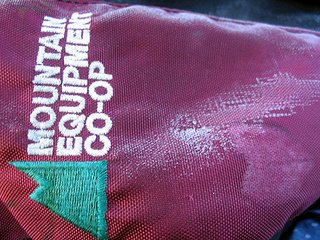MISS MOOX: paper
Blooming

So, I got into a bit of trouble today with Homeland Security
POP-UP SHOP OPEN!

Paperwhite

Cat
Fluffy
Horses
Global Night Commute

REVIEW: Sake Japanese
MOST WANTED: LAST DAYS OF AUTUMN

Seaside Cottage

Most Wanted: Jewels

Old writings
long road trip. . .
Anonymous man walking
